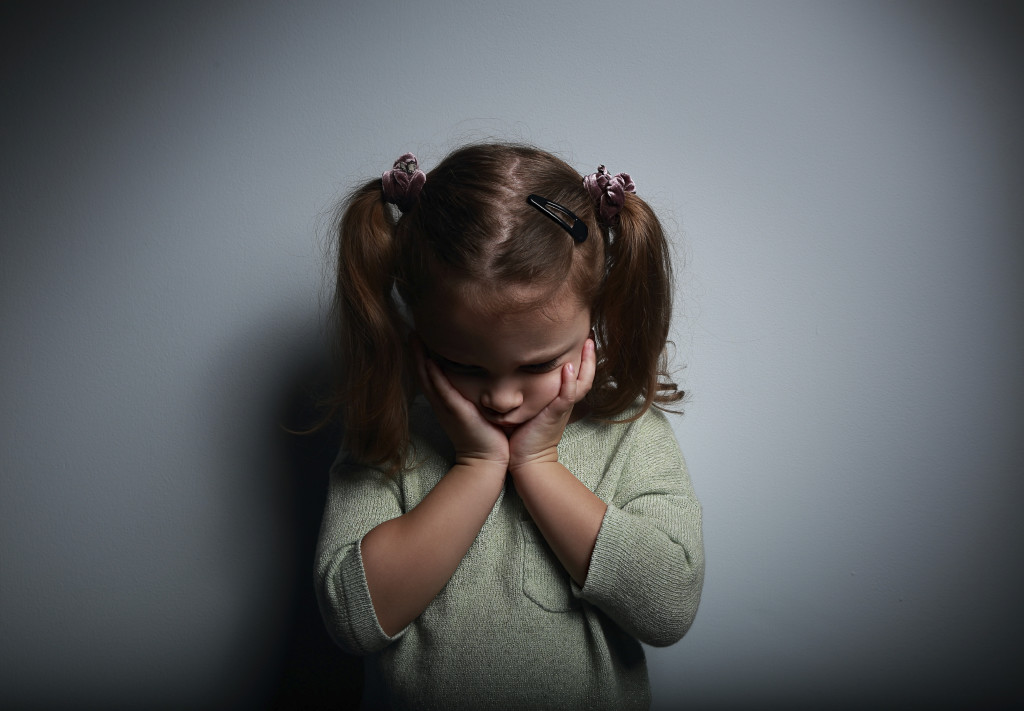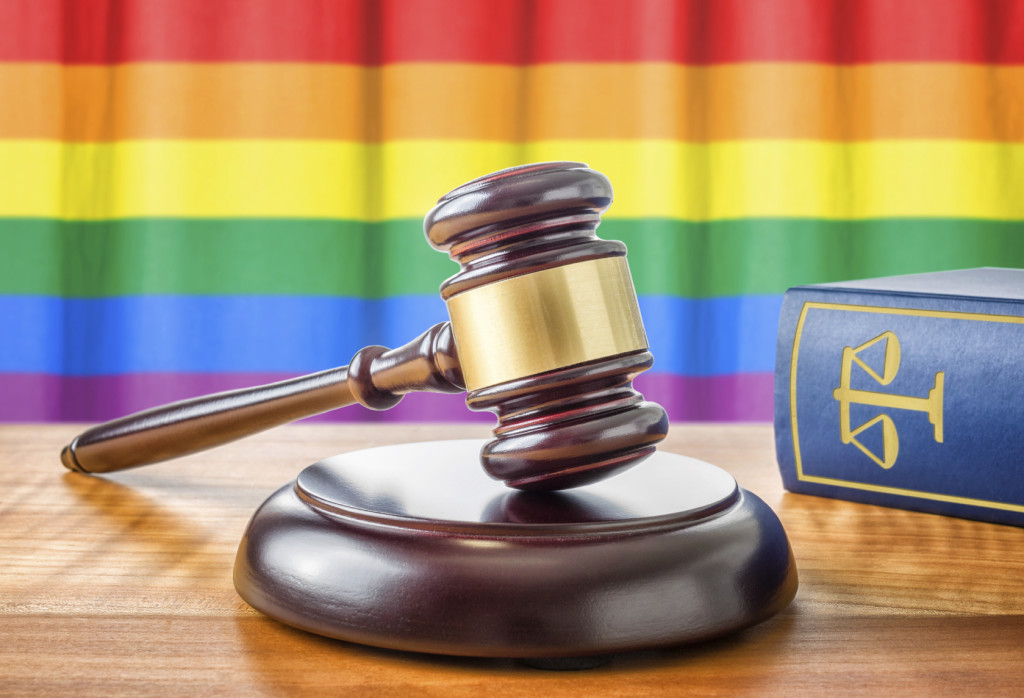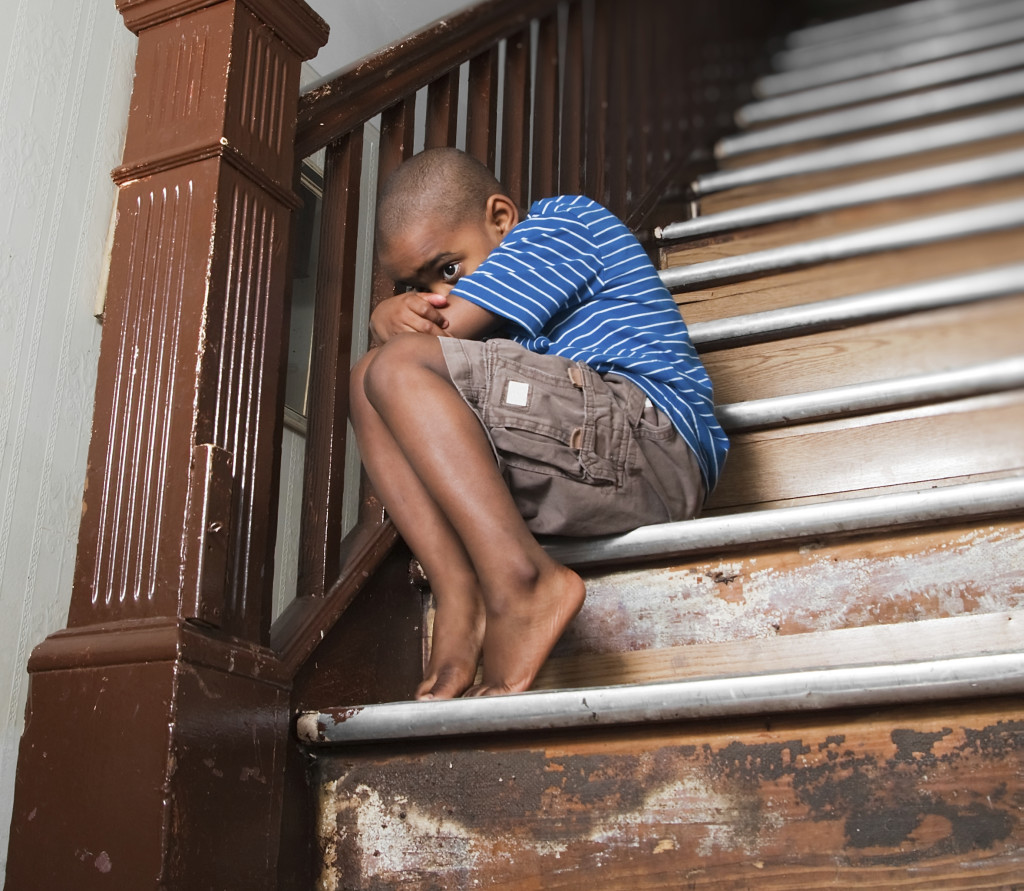Throughout the United States foster, adoptive and kinship parents take in children who aren’t there own in order to shelter and protect them from abuse and neglect. These parents are there for the nearly 400,000 children in the foster care system. But what happens when they’re not? Some states are experiencing foster parent shortages right now.

After several years of decline, the number of children in foster care nationwide has started to rise again.
Beginning in 2013, the number of children in foster care rose to 402,378, or nearly 1 percent, from 397,000 the year prior. That figure increased by 3.5 percent in 2014 to more than 415,000, according to the New York Times.
Continue reading





